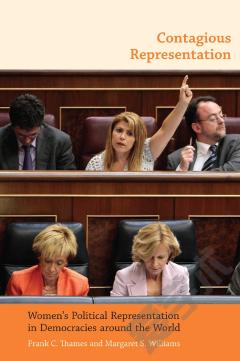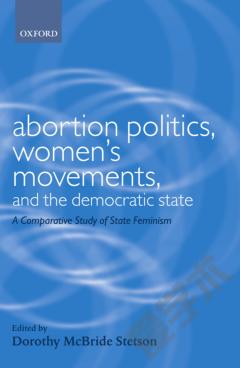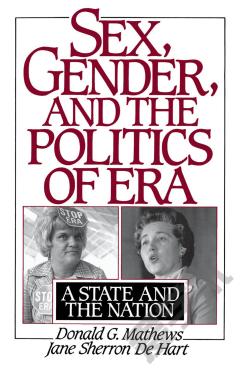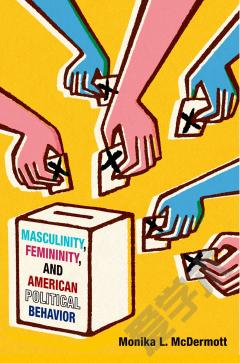The Politics of Prostitution: Women's Movements, Democratic States and the Globalisation of Sex Commerce
The most effective way to deal with prostitution has always been hotly debated by governments and women's movements alike. Feminists want it abolished or regulated as sex work; governments have to safeguard public health and order. This book, first published in 2004, shows how women's movements in Western Europe, North America and Australia have affected politics on prostitution and trafficking of women since the 1970s, asking what made them successful in some countries but a failure in others. It also assesses whether government institutions to advance the status of women - so-called women's policy agencies - have played a key role in achieving policy outcomes favourable to movement demands. Written by an international team of experts and based on original sources, all chapters follow the same framework to ensure comparability. The final chapter offers an overall comparison identifying what makes women's movements successful and women's agencies effective, presenting the case for 'state feminism'.
{{comment.content}}








 京公网安备 11010802027623号
京公网安备 11010802027623号